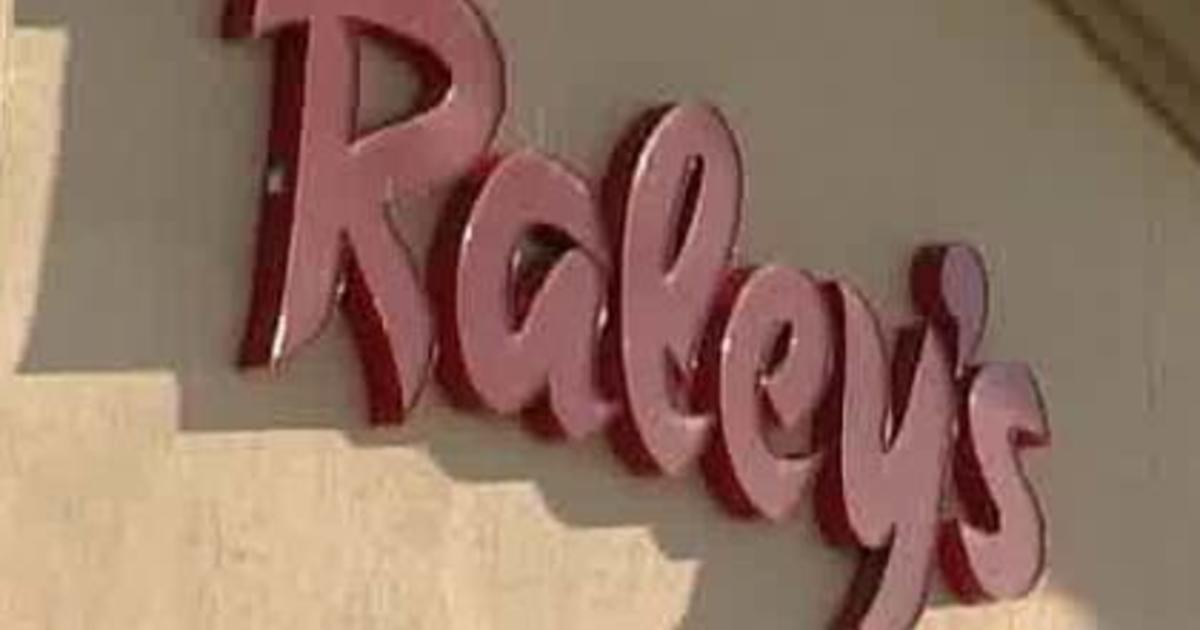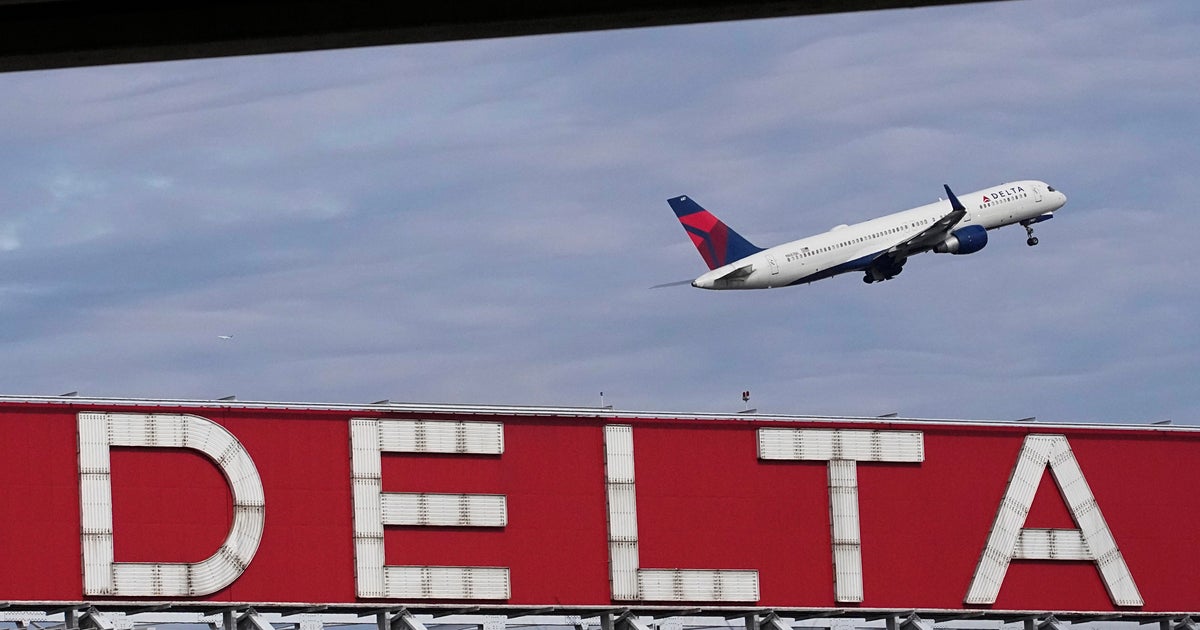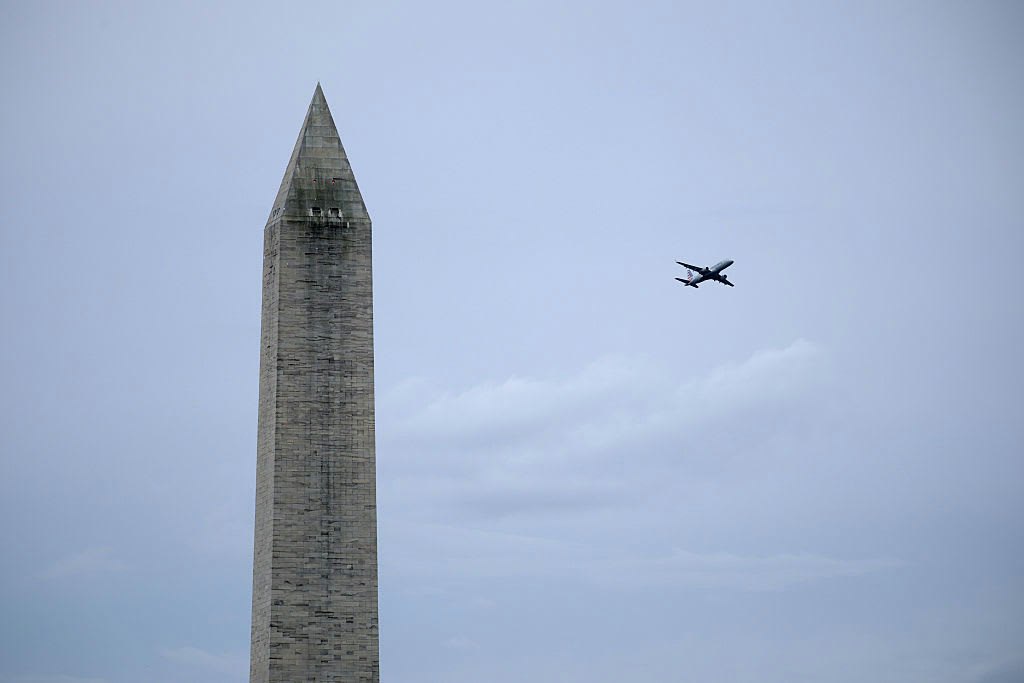Restaurant workers, already living "tip to mouth," face more hardship in shutdown
REVERB is a new documentary series from CBS Reports. Watch "Surviving an Unlivable Wage" in the video player above.
Restaurant servers who rely on customers' tips to make ends meet have seen their livelihoods vanish virtually overnight. The restaurant industry is reeling from the financial impact of coronavirus shutdowns, and so are the workers who kept it running.
John deBary, the co-founder of Restaurant Workers' Community Foundation, is concerned for the estimated 13.5 million restaurant workers nationwide affected by coronavirus closures. "On a good day, about 40% of restaurant workers live in poverty. That number is about to go way higher, and even the ones that don't live in poverty are really living on the edge," he said.
For some, those tough financial straits have roots in the separate, lower federal minimum wage for tip-earning employees. Since 1991, the federal minimum wage for tipped wage earners has been frozen at $2.13 per hour, compared to $7.25 for other workers. Federal law requires restaurants to ensure all employees receive the full minimum wage and make up the difference when tips fall short, but it's been challenging to enforce. Between 2010 to 2012, the U.S. Department of Labor investigated over 9,000 restaurants and found 84% violated wage and hour laws.
Saru Jayaraman, director of the Food and Labor Research Center at the University of California, Berkeley, described food servers — waiters and waitresses — as living "tip to mouth." "Literally the tips you get that night, you're using to feed your kids the next day. If you can't go back and get more tips, you're done. It's overwhelming," she said.
The restaurant industry "is always on every list of the top fastest-growing industries in America, yet it continues to be the absolute lowest-paying employer in the United States," Jayaraman added. The U.S. Department of Labor puts out data on occupational employment and wage estimates, and "the seven lowest [median wage earners] are all in one industry, in the restaurant industry," she explained. Some states and cities have taken action and raised their minimum wage above the federal minimum, but only eight states require paying tipped wage earners the regular minimum wage. A report released by the Economic Policy Institute found states with a higher tipped minimum wage had much lower poverty rates for tipped workers.
DeBary was fortunate to bartend in high-end bars and restaurants in New York City, but has seen the economic fragility of his community even before the coronavirus pandemic hit. Restaurant workers, he said, "are one or two bad days away from a financial catastrophe, and most of them don't have health insurance benefits from their employer [or] any kind of sick leave."
Nikki Books, a single mother, was working as a waitress in Kokomo, Indiana, before the birth of her son caused health complications. Even when she was healthy and working, Books was barely making enough to survive as a waitress in a national chain restaurant and sought out ways to supplement her income.
"I used to donate plasma, but I've had surgeries in the past six months, so I can't donate plasma anymore," she said. Books and her infant son were able to enroll in the Healthy Indiana Plan (HIP), a state health coverage program for those ineligible for Medicaid or Medicare. Still, she's unable to apply for sick leave because she wasn't clocking in full-time hours as a food server. She doesn't qualify for disability benefits either, as her health condition is classified as reversible.
DeBary said the structural issues of the restaurant industry are becoming acutely apparent and impossible to ignore. "Since restaurants work on such thin [profit] margins, they want to keep hours as low as possible" for the workers, he said. He acknowledged that small, independent restaurants and larger corporate groups face different issues, but doesn't think solutions can rely on individual businesses just deciding to do the right thing. "It really does require a legislative response," he said.
On March 18, with the nation facing widespread layoffs and business closures, the Families First Coronavirus Response Act was signed into law. It provides funds to expand paid sick leave and unemployment benefits. Still, under normal circumstances, nearly a quarter of U.S. workers don't have access to paid sick leave, including most food servers.
Even for those with access to such benefits, Jayaraman warned, "Paid sick leave is, in most states, at maximum three to nine days. It's not going to last us through this crisis." And the expansion of unemployment benefits also may not be enough. Jayaraman explained food servers, bartenders and others earning a tipped minimum wage have their unemployment benefits based on a sub-minimum wage plus a rough and often inaccurate calculation of their tips.
"In a functional society, if something like this happens and you have to lay off people, you need a safety net like unemployment insurance. But when unemployment insurance is based on a $2.13 wage, it screams at why we should have ever had a $2.13 wage to begin with," she said.
When Nikki Books was asked about unemployment benefits, she replied, "Even if I got it, it wouldn't be much because servers' wages are so low." Books is surviving off modest but rapidly dwindling savings and has maxed out her credit cards. "If I have to buy formula and that's all I have money for, then I'll live off cereal."
One Fair Wage, co-founded by Jayaraman, is a nonprofit that advocates for an end to the federal sub-minimum wage for tipped workers. It recently launched an emergency relief fund that received 10,000 requests for assistance in the first 24 hours. According to Jayaraman, many are pleading for help to feed children and make rent. The entrepreneur and former presidential candidate Andrew Yang's nonprofit, Humanity Forward, is also partnering with One Fair Wage to help struggling families.
John deBary is concerned that the people who need the most help are the ones least able to access it, and he encouraged community members to reach out to help. "[People] who may not have proficiency with the English language, who may not have access to the web, walk them through the resources that are available for assistance." He added, "There are people who are very desperate."
When the worst of the crisis is over and restaurants reopen, he believes there will be no going back to business as usual. "It's not impossible, and it's a matter of people being able to think about their role in making a just society."







